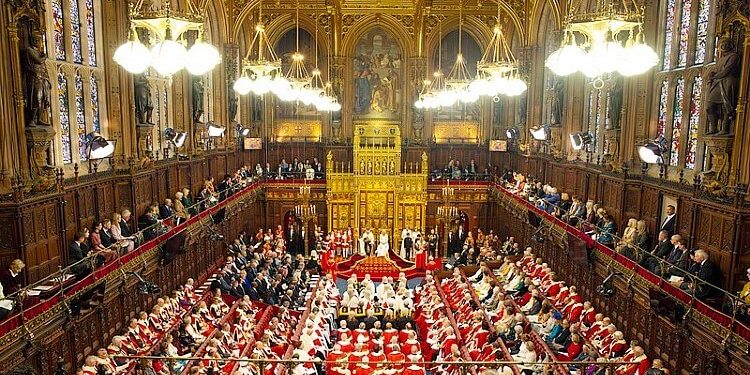The House of Lords (Hereditary Peers) Bill has advanced to its Second Reading in the House of Commons. This groundbreaking legislation aims to remove the remaining 92 hereditary peers’ rights to sit and vote, heralding the most substantial constitutional reform in a quarter of a century.
Background and Context
The presence of hereditary peers in the UK Parliament has long been a subject of debate. Established by tradition, these peers inherit their positions by birthright rather than merit. The House of Lords Act 1999 began dismantling this system by removing most hereditary peers.
However, 92 remained, continuing to influence legislative processes. This new bill, introduced on September 5, 2024, by Pat McFadden, Chancellor of the Duchy of Lancaster, seeks to complete this reform and pave the way for a more representative second chamber.
Details of the Legislation
The House of Lords (Hereditary Peers) Bill is set to abolish the remaining hereditary peerages, ensuring that all future members are appointed based on merit and expertise.
The bill’s journey began with its introduction in September and has now reached its Second Reading on October 15, 2024. Should it pass, the legislation will proceed to the Committee Stage, where detailed examination and potential amendments will take place.
Statements from Officials
Nick Thomas-Symonds MP, Paymaster General & Minister for the Constitution and European Union Relations, highlighted the government’s commitment:
“The Government’s commitment to reform the House of Lords is demonstrated by taking action in the first 100 days of governing. It is indefensible that, in the twenty-first century, there are seats in our legislature allocated by an accident of birth. This is a long-overdue reform and a progressive first step on the road of change.”
Baroness Smith of Basildon, Leader of the House of Lords, echoed this sentiment:
“The Government is determined to deliver on its promise to reform the House of Lords. Given the ambitious scale of reform, it is right we consult on proposals, taking a phased and pragmatic approach to ensure change is delivered.”
Criticism and Opposition
Despite broad support, the bill has faced opposition. Conservative hereditary peers like Lord Strathclyde and Lord Foryé have criticised the move as a “high-handed shoddy political act” and a “naked attempt to disable opposition in the House of Lords.”
They argue that instead of removing hereditary peers, the focus should be on reducing the chamber’s size by eliminating inactive members.
Moreover, critics such as Green Party peer Jenny Jones contend that the reform is superficial.
She advocates for a fully elected second chamber to enhance democracy within the legislative process. Concerns about cronyism persist, with fears that the prime ministerial patronage system might continue to undermine genuine merit-based appointments.
Economic and Technological Impact
Removing hereditary peers is expected to foster a more efficient and representative House of Lords. By ensuring that all members are appointed based on expertise, the chamber can better contribute to informed decision-making and legislative scrutiny.
This reform aligns with the broader goal of creating a Parliament that mirrors modern Britain’s diversity and values.
Next Steps
Should the bill pass its Second Reading, the next phase involves detailed committee scrutiny. This stage will allow for amendments and thorough discussions to refine the legislation.
The government’s strong majority in the House of Commons suggests a high likelihood of the bill’s passage, despite opposition attempts to delay or modify it.
Policymakers will use this reform to drive further House of Lords changes, potentially making it fully appointed or elected. Such developments would solidify the UK’s commitment to a transparent and accountable legislative system.
Sources: THX News, Cabinet Office, The Rt Hon Nick Thomas–Symonds MP & The Rt Hon Baroness Smith of Basildon.









